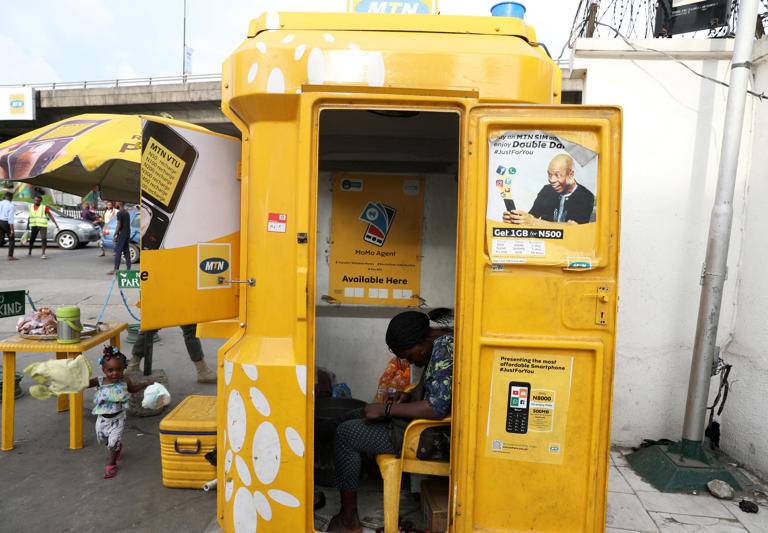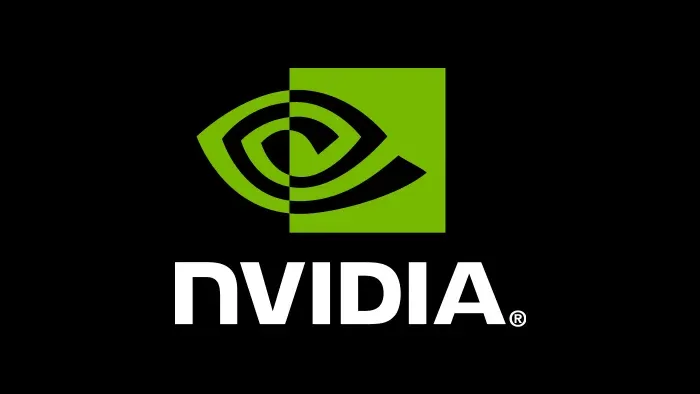In Lagos, Nigeria, Comfort Oluwaseyi has a shortcut that appears to be sent to everyone. For a 40-year-old fruit trader in Ikeja, in the heart of Nigeria's commercial capital, Lagos, all he has to do is dial *737# on Itel 2160, a non-smartphone that 7,000 Nigerian naira ($15). In a few seconds, the operation ends, and the receivers, generally the providers, are organized. Expenditure? Only 6.98 naira per transaction, withdrawn directly from his bank account. In Nigeria, feature phones, due to their low cost and long battery life, are a popular choice among low-income families - 133 million people according to a 2022 report from the National Bureau of Statistics ( NBS) - especially among the elderly or uneducated. citizens. In addition, three things stand out: half of all mobile phones shipped in Nigeria are still feature phones; Only half of the country has an internet connection, according to the World Bank, and according to Lagos-based Enhancing Financial Innovation and Access (EFInA), only half of the adults use traditional banking.
For this reason, *737 is one of the most popular abbreviations on Supplementary Service Data (USSD) platforms for millions of people in Nigeria. The USSD shortcode – first introduced by the European Telecommunications Standards Institute (ETSI) in 1994, and in Nigeria for banking purposes in 2015 – enabled users with or without a mobile phone or internet connection to perform a number of functions. Every day, millions of Nigerians use different shortcodes to pay for a variety of services, from buying airtime to searching for customers, choosing to transfer money, and paying merchants for apps. new market. Ease of access also helps people like Oluwaseyi focus on their business and avoid queuing at banks during opening hours. Even smartphone users rely on the USSD service when their banking app is not working or the banking service is not working - a common complaint. A third of consumer complaints filed in 2020 were about poor banking services, according to the latest data from the Federal Competition and Consumer Protection Commission (FCCPC).
During the financial crisis in February that put many small businesses out of business, USSD kept Oluwaseyi running, he said. But the dispute between telecom companies and banks over the appropriate pricing model for USSD-enabled financial transactions could end access to financial services for up to 17 million people like Oluwaseyi. Gbenga Adebayo, the president of the Association of Licensed Telecommunications Operators of Nigeria (ALTON), brought the dispute back to 2019 when the bank leaders appealed to the government-run Inclusion Steering Committee (FISC). Entry. Until October 2019, the bank charged users directly for the service using their airtime. To ensure that even employees who do not have airtime can use it, the bank introduced corporate fees; they calculated the number of 20-second USSD sessions (each pegged at 3.5 naira) used by customers, deducted from their bank accounts and handed over to telecom operators at the end of the month any. Since telcos also charge for failed sessions and refuse to extend the second session cap, banks refuse this arrangement and ask telcos to pay their customers directly.
At one point in the controversy, MTN, Nigeria's largest telecommunications company, announced plans to charge users 4 naira directly for a 20-minute USSD transaction. Central bank governor Godwin Emefiele has condemned the move, saying that charging workers directly will hurt investment. The Nigerian Broadcasting Corporation (NCC) denied the latest allegations. This group started a battle between banks and telecom operators for who pays for USSD sessions for end users. The former insist that they provide the latter, who want to be paid for providing equipment that provides USSD technology, to customers. Today, banks are taking 100 billion naira ($214 billion) from telecom operators that are threatening to take away access to technology. On the 12th of May, ALTON said that he received permission from the NCC, which is in charge of communications in Nigeria, to close the banks. Pursuing financial inclusion Some bankers have described USSD as a poor technology that cannot be Nigeria's answer to its investment challenges, arguing that the best way to invest is to make data subscriptions cheaper. An anonymous CEO of a major Nigerian bank told Al Jazeera that USSD is an overused banking channel as bank tellers continue to handle most of the financial transaction traffic, system Smart banking like WhatsApp banking is becoming more and more popular. On the surface, the data appears to be consistent. CBN data reveals that USSD accounts for only 2.3% of volume and 0.29% by value of all electronic transactions in Nigeria in 2022. On the other hand, smartphone and web channels contributed to 60% of these transactions. In addition, USSD transaction value fell by 13.2% or 685.45 billion naira ($1.47 billion) in the same calendar year. But experts like Olowe say that even if the cost of internet registration is zero, the cost of smartphones and the expertise to operate them presents a barrier for the number of Nigerians who need the most investment.
![A vendor selling airtime and other services waits for customers at an MTN telecom shop in Lagos, Nigeria on August 28, 2019 [Temilade Adelaja/Reuters]](https://img-s-msn-com.akamaized.net/tenant/amp/entityid/AA1cSHdW.img?w=768&h=533&m=6)
“I cannot afford a smartphone but the phone I use still serves me well,” Oluwaseyi told Al Jazeera. “This phone helps me operate this business which in turn supports my family.” And experts fear that this could have a significant impact on many Nigerians. “If you turn off USSD the most vulnerable Nigerians will suffer because they don’t have smartphones or if they have smartphones they are using ancient and cheap smartphones that can’t work with the latest operating system,” Adedeji Olowe, CEO of Lagos-based fintech startup Lendsqr, and a trustee of Open Banking Nigeria, a nonprofit championing financial inclusion. Even Adebayo, the telcos’ representative, believes that too. “The average Nigerian relies on USSD, and a lot of those who use it for financial transactions will be affected. It will affect the entire financial institution … and the entire digital ecosystem,” he told Al Jazeera. “Except the economy improves a lot of people won’t be able to access smartphones and these are the exact people we are trying to expand financial services to,” he said.
In a country where only 3.7 million Nigerians spend more than $10 daily as of 2021 and most of that goes to food and transport, only a few people can afford to purchase smartphones. “Nigeria’s economy is in a fragile place currently … another big, disruptive hit to consumer spending is the last thing that the country needs,” John Ashbourne, emerging market economist at Fitch Solutions, a London-based financial intelligence company, told Al Jazeera. But disconnection of the service is also a difficult task because of bureaucracy surrounding approvals and resistance from the telcos, industry insiders say. “The major source of their income, which is airtime vending, comes from these channels, if they [telcos] shut it down, they are the ones that would lose,” the bank executive said.
Two of Nigeria’s leading telcos, MTN Nigeria and Airtel made 1.25 trillion naira ($2.68bn) from airtime and data in the first 6 months of 2022, according to data from the NCC. And that development could force innovation on the part of the telcos, Emmanuel Ido, a technology lawyer at Lagos-based law firm Aluko and Oyebode, told Al Jazeera. “One possible outcome [of the dispute] is that telcos and banks will attempt to redefine their relationship and operate independently, with telcos providing banking functions independent of traditional banks,” he said. For end users like Oluwaseyi, the disconnect would be detrimental to her business if the telcos went ahead with their threats to disconnect USSD services. “All I had during this [cash shortage] period was my small phone,” she told Al Jazeera. “With it … I was able to make money transfers to my suppliers.”




